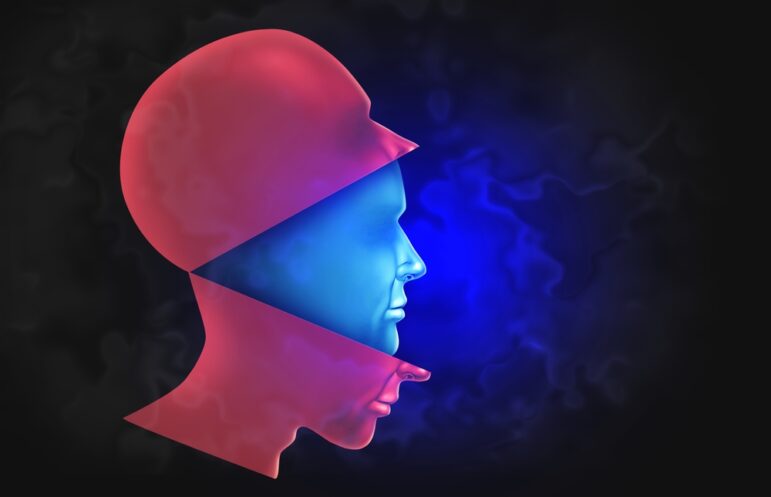Shining Light Award Letter of Nomination
The Brazilian journalists Katia Brembatti, Karlos Kohlbach, James Albert and Gabriel Tabatcheik present herein the special report “Secret Diaries”, published in the Gazeta do Povo newspaper and broadcasted by RPC TV, to the Shining Light Award committee.
The series of articles “Diários Secretos” (“Secret Diaries”) has provoked the biggest transformation in the history of the Legislative Assembly of the State of Parana, which represents 10 million inhabitants. The series is the result of a creation of a database that took over two years to be built, and was based on the multimedia integration of the news, utilizing the resources of print editions, television and internet resources, and also the idea of collaborative journalism. The outcome was a series of news pieces unveiling a multimillionaire scheme of corruption involving public funds. In the aftermath, this journalistic work took at least 30,000 people to the streets to protest against political crimes. The work has also been awarded with the most important journalism prize in Brazil.
Through the articles, readers and viewers learnt that the official diaries (memos) of the Assembly – documents that should exist to let people know how taxpayer’s money is spent – were not actually disclosed to the public. Information that should have been made public was being kept secret. With some struggle and counting on several sources, the team of journalists was ultimately able to gather all memos published in three consecutive years.
The journalists comprised their own collection of memos based on the reading of more than 750 diaries. They analyzed and compiled all registries in the Assembly’s payroll. The whole process of entering data and sorting out information took about eight months of practically exclusive dedication of the journalists, and the result was a spreadsheet file with more than 15,000 lines, checked over five times to ensure mistyping wouldn’t compromise the veracity of the material. The database interpretation led to the writing of the reports. About three months were dedicated to field work, a period which was dedicated to keep a close eye on the routine of ghost employees and track family relationships among the people involved in the crime.
The series is the result of the decision to go deep into the subject.
The goal was much larger than reporting ghost employees – such stories might have become hackneyed if treated as isolated cases; they ought to be reported as a generalized, organized and institutionalized practice. With the creation of their own database, the intention was to go beyond the official response, to look further than the sources indicated, to come up exclusive material to be used in the articles and reports, taking full responsibility for the information they would disclose. Therefore, the investigation was not conducted by prosecutors, nor the police and political rivals. All data was collected by journalists The work is also a pioneering example of the integration of printed press (newspaper), TV and internet in Brazil. All the production was planned considering what would be disclosed in each media. Another innovative aspect was posting the database on the internet, so that readers and viewers could access what was being hidden from them until then. The database was consulted more than 300,000 times. More than 1,000 anonymous tips were sent to the editorial staff by the public.
The information in the database was also used by GRPCom’s (the group that comprises Gazeta do Povo and RPC TV) competitors and important communication vehicles from several cities came up with their own reports based on their knowledge of the local reality.
The publishing of the series unveiled the biggest scandal in the history of the the Legislative Assembly of the State of Parana. The cases reported in the articles took 30,000 people to the streets to protest against political crimes. Dozens of people were arrested. The authorities opened more than 20 criminal investigations as a result of the reports and five cases already were turned into prosecutions. It is estimated that more than US$ 400 million were diverted to the bank accounts of the involved. The main directors of the Assembly were fired and their assets were frozen. The number of employees dropped from 2,457 to 1,460, and over US$ 5 million a month have been saved in payroll expenses since then. A law now establishes the criteria for hiring employees. The official diaries of the Assembly are now published on the internet. All the official acts (decisions) of the past five years were made public. A bill presented by public initiative pledges for clear and objective rules seeking transparency in the management of all the state’s agencies.
In the period of reporting, there were two bombings in the lobby of the newsrooms and some threats to the journalists involved in the investigation – which were not reported because it could encourage other attacks, since the number of people indicted in the field was significant. Nevertheless, the system of safety of journalists has been strengthened. Intimidation and lawsuits have been tried against the journalists and GRPCom – including one charging a $ 500 million – but the Justice did not follow the processes.
Besides the Grande Prêmio Esso de Jornalismo, the series Diários Secretos was also awarded with the Tim Lopes de Jornalismo Investigativo prize – two major journalism awards in Brazil. To facilitate your evaluation work, we have created a blog (address below) to put together key texts published in the newspaper (including a PDF format) and also a selection of video reports broadcasted on TV.
At http://www.rpctv.com.br/diariossecretos-english/ — the blog created to serve as a summary of all the material produced — the texts were translated or subtitled into English, as required by the regulation of the Shining Light Award.








